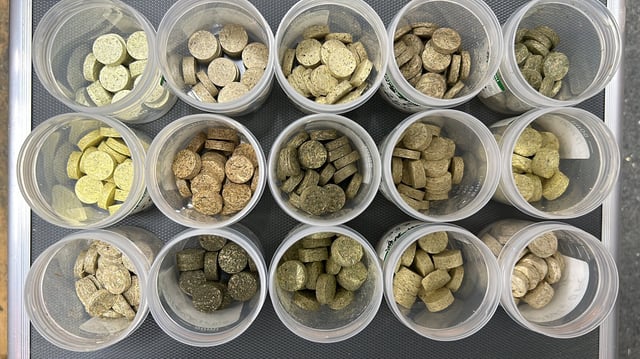Overview
- Two invasive vines, Brazilian nightshade and climbing asparagus, have been confirmed as viable feedstocks for solid biofuel based on their roughly 25% lignin content
- Market-grade pellets made from these species were manufactured by Ipswich startup WorkEco under a seed grant from the Australian Government’s SURF
- The findings, published in Sustainable Energy Technologies and Assessments, represent the first demonstration of commercial-quality pellets derived solely from invasive weeds
- The project will broaden its search for renewable biomass by evaluating additional invasive species alongside green-waste residues
- This initiative seeks to diversify Australia’s bioenergy feedstocks given regulations that exclude wood pellets from the country’s renewable classification

